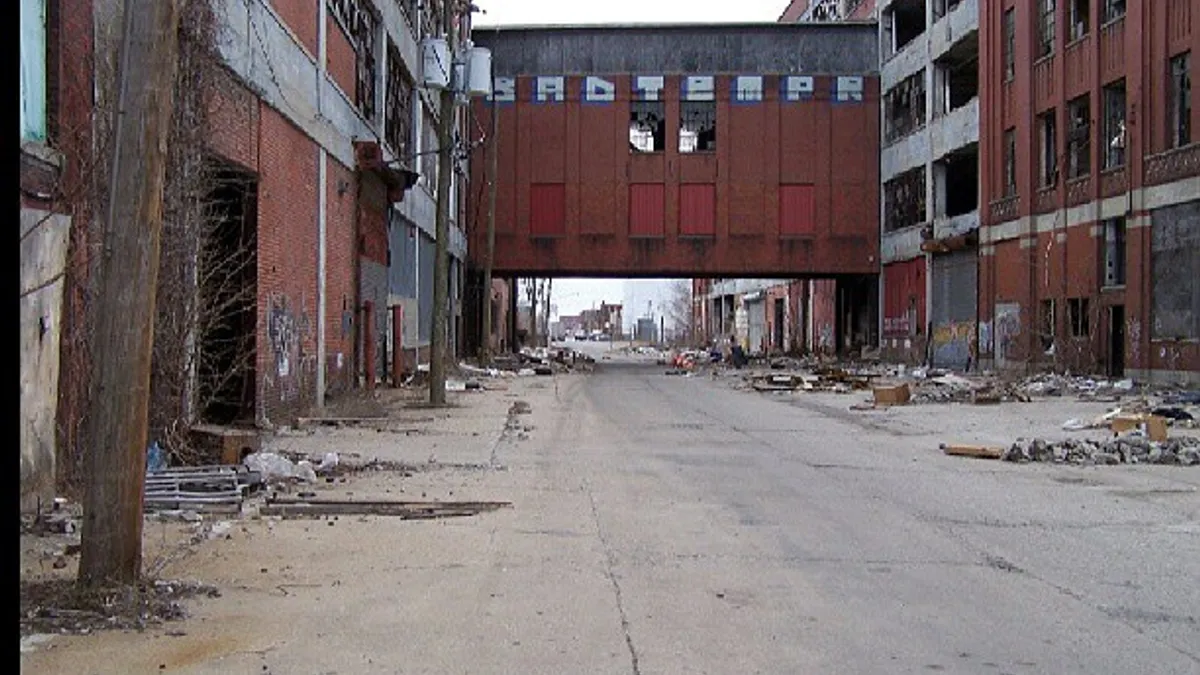Dive Brief:
- Detroit-area manufacturing companies are feeling the lack of training available with a significant shortage of skilled workers, a report from Crain's Detroit Business reveals. Although lawmakers and employers are scrambling to attract young job seekers into skilled-trades jobs, a lack of infrastructure to train workers, along with disconnected apprenticeship and training programs are creating breakdowns in the talent pipeline.
- Despite the fact that a local operating engineer union's training program has 400 enrollees and counting, their small facility (only 550 acres) is limiting the amount of training they can provide, the union told Crain's. The union is poised to break ground on an almost 20,000 square foot training center that will include nine classrooms, responding to anticipated demand for skilled heavy equipment and crane operator positions. Currently, only one facility is available in the state, in Howell, Michigan.
- Following years of high schools closing down their technical career programming, the state is reeling from the lack of available training facilities, as well as an overly complex system to find training and apprenticeships in the state. One recommendation is to consolidate the trade programming under the 28 community colleges in Michigan, leveraging the educational infrastructure to better recruit and direct job seekers and to keep a steady flow into the talent pipeline.
Dive Insight:
Schools, governments and employers alike are looking for ways to bridge the skills gap in manufacturing, leading many to join forces to find solutions. Some schools with trade-specific training are connecting students with employers to boost interest in skilled trade careers, for example. Detroit has clearly seen what happens when pipelines are confusing to navigate or created without consulting multiple parties; governments and schools, in particular, are now trying to reshape these programs.
For many employers, apprenticeships are the path to a steady talent pipeline. Although common in trades like construction and manufacturing, new areas for apprenticeships are being explored, even for industries like finance and insurance. But apprenticeships can only go so far to make up talent gaps without proper advertisement and infrastructure. Some blame the talent shortage for a slowdown and potential lack of growth in the construction industry, as employers scramble to meet headcount. Some companies are even asking their retirees to return to the job temporarily to help fix production lags.
The challenge for many employers is to rebrand skilled trade jobs as lucrative career option for students of all backgrounds who may not be on the four-year degree path.












